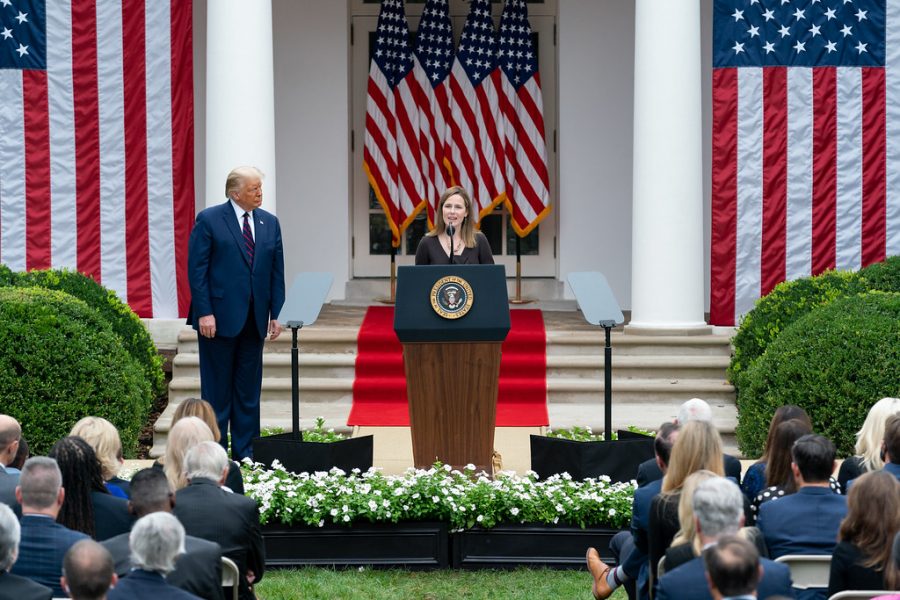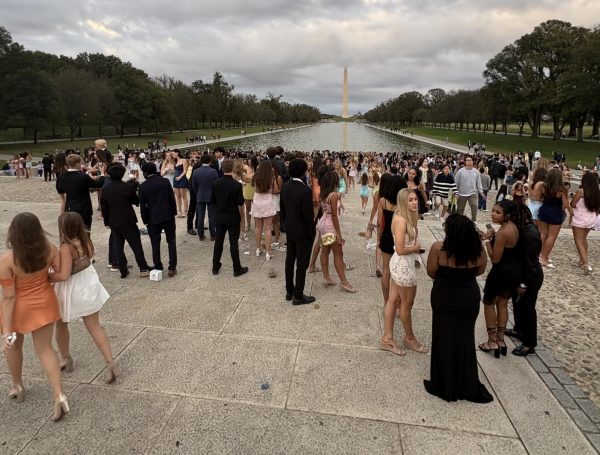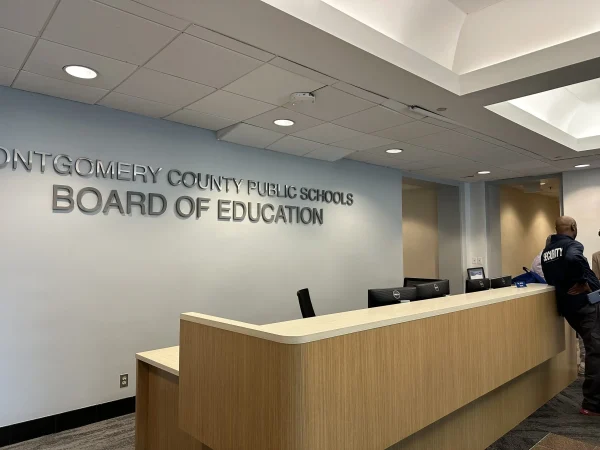Barrett confirmation: perfectly legal, perfectly wrong
Outgoing President Donald Trump nominates Judge Amy Coney Barrett for Associate Justice of the U.S. Supreme Court.
Democrats let out a somber sigh Oct. 26 after a 52-48 vote in the Senate to confirm Amy Coney Barrett to the Supreme Court. The nomination was extremely partisan and followed pointless confirmation hearings, protests by Senate Democrats, and an abundance of activism, all during a presidential election.
Four years ago, Senate majority leader Mitch McConnell said, “The American people are perfectly capable of having their say on this issue, so let’s give them a voice. Let’s let the American people decide,” after refusing to bring then-President Obama’s Supreme Court nomination to the Senate floor during an election year. Four years later, that’s not the message he’s sending.
Instead, McConnell decided to push President Trump’s nominee, Barrett, through the confirmation process as quickly as possible to replace the late Ruth Bader Ginsburg, just weeks before election day. On top of that, Barrett’s Senate confirmation hearings were held after early voting had already started in certain states.
It seems McConnell’s choice to see Barrett’s confirmation through—not just during an election year, but during an election, without allowing the American people to have their say in the issue—was highly politicized. “It seems clear President Obama made this nomination not, not with the intent of seeing the nominee confirmed, but in order to politicize it for purposes of the election,” McConnell said in 2016.
It’s debatable why McConnell wanted to push Barrett’s confirmation through the Senate so quickly, but he should be grateful he did. After the presidential election, the American people definitely had their say, and it is not in favor of a Trump nomination.
Barrett’s confirmation to the Supreme Court has a range of social implications. The 6-3 conservative majority leaves the scales of justice out of balance, opening the road for the overturning of certain Court precedents, like Roe v. Wade, the case on women’s reproductive rights, and Obergefell v. Hodges, the case legalizing same-sex marriage. “I am truly disappointed in the Senate’s decision to confirm Amy Coney Barrett. All other issues put aside, I think confirming a judge that falls on either extreme of the political spectrum, is not representative of the American people as a whole. Such a judge does not belong on the Supreme court,” senior Jacob Kaplan-Davis said.
Knowing Barrett’s religious history, women, queer people, and progressives around the country are worried about what the future may hold for them. “As a queer person, [Barrett’s] confirmation definitely worries me. With another Republican justice, and the already expressed desire to repeal the decision allowing gay marriage, I’m worried the protection queer people have will be reduced,” junior and former GSA vice-president Alex Mockensturm said.
Personal rights are not the only concern progressives have with a conservative Court. What is now also at stake regards healthcare, like the defunding of Planned Parenthood. “As a woman, I’m even more concerned by her confirmation. By stopping government funding of Planned Parenthood, they’re taking away money used to make reproductive and sexual health services available to anyone who couldn’t normally afford them. This includes cancer screenings, STD testing, family planning, prenatal care, and birth control,” Mockensturm said. Only time will tell whether the Court chooses to rule by justice or by faith.
Your donation will support the student journalists of Thomas S. Wootton High School. Your contribution will allow us to purchase equipment and cover our annual website hosting costs.
Nico DePalma is a 2022 graduate.







